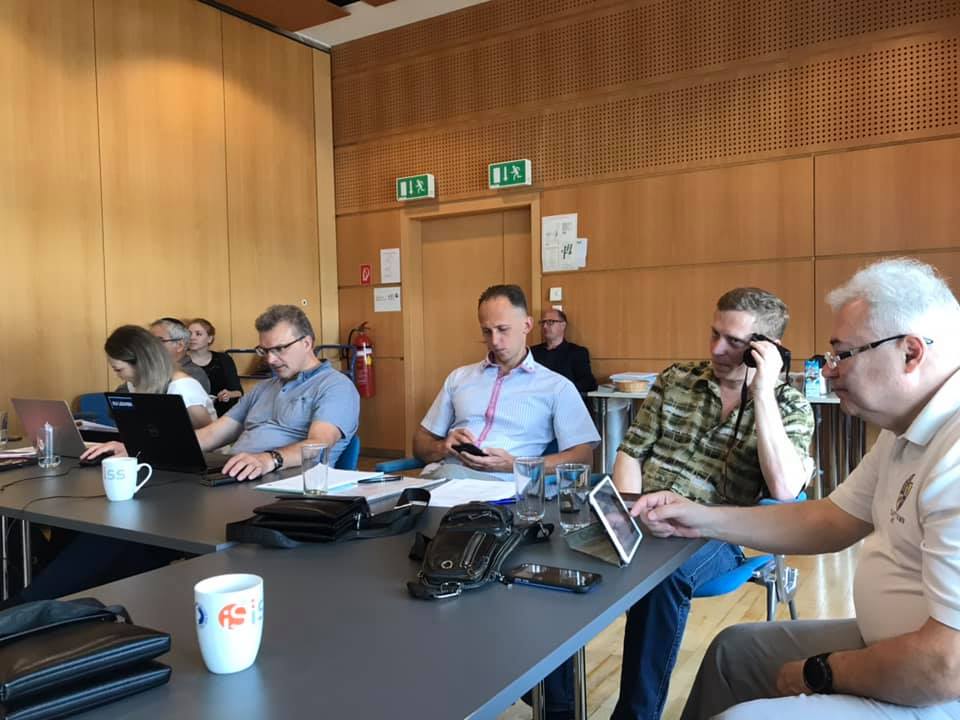[vc_section][vc_row][vc_column][vc_row_inner][vc_column_inner width=”1/4″][vc_single_image image=”2733″ img_size=”full” el_class=”.non-padding” css=”.vc_custom_1572442136367{margin-right: -15px !important;margin-left: -15px !important;}”][/vc_column_inner][vc_column_inner width=”1/2″][/vc_column_inner][vc_column_inner width=”1/4″][/vc_column_inner][/vc_row_inner][/vc_column][/vc_row][vc_row][vc_column width=”1/4″][vc_column_text css=”.vc_custom_1641478168902{margin-left: -15px !important;padding-top: 5px !important;}”] Syllabus
Moodle
Learning materials [/vc_column_text][/vc_column][vc_column width=”3/4″][vc_column_text]
Learning outcomes:
This course will present the main theoretical tools used in digital signal processing, with an emphasis on the application of filter design accordingly to given specifications for the processing of biological data. It is mainly divided in two distinct parts. The first half of the course is dedicated to the study and mathematical analysis of digital signals and systems. The topics taught include: the characterization of discrete-time signals and systems, the Z-transform and its properties, the detail analysis of specific digital filters (all-pass, minimum phase and linear phase filters), the DTFT and DFT. The second part of the course discusses more practical topics, such as: FFT and the use of DCT for data compression, downsampling, upsampling, and their applications, and the design of FIR and IIR filters for biomedical applications.
[/vc_column_text][/vc_column][/vc_row][/vc_section]


